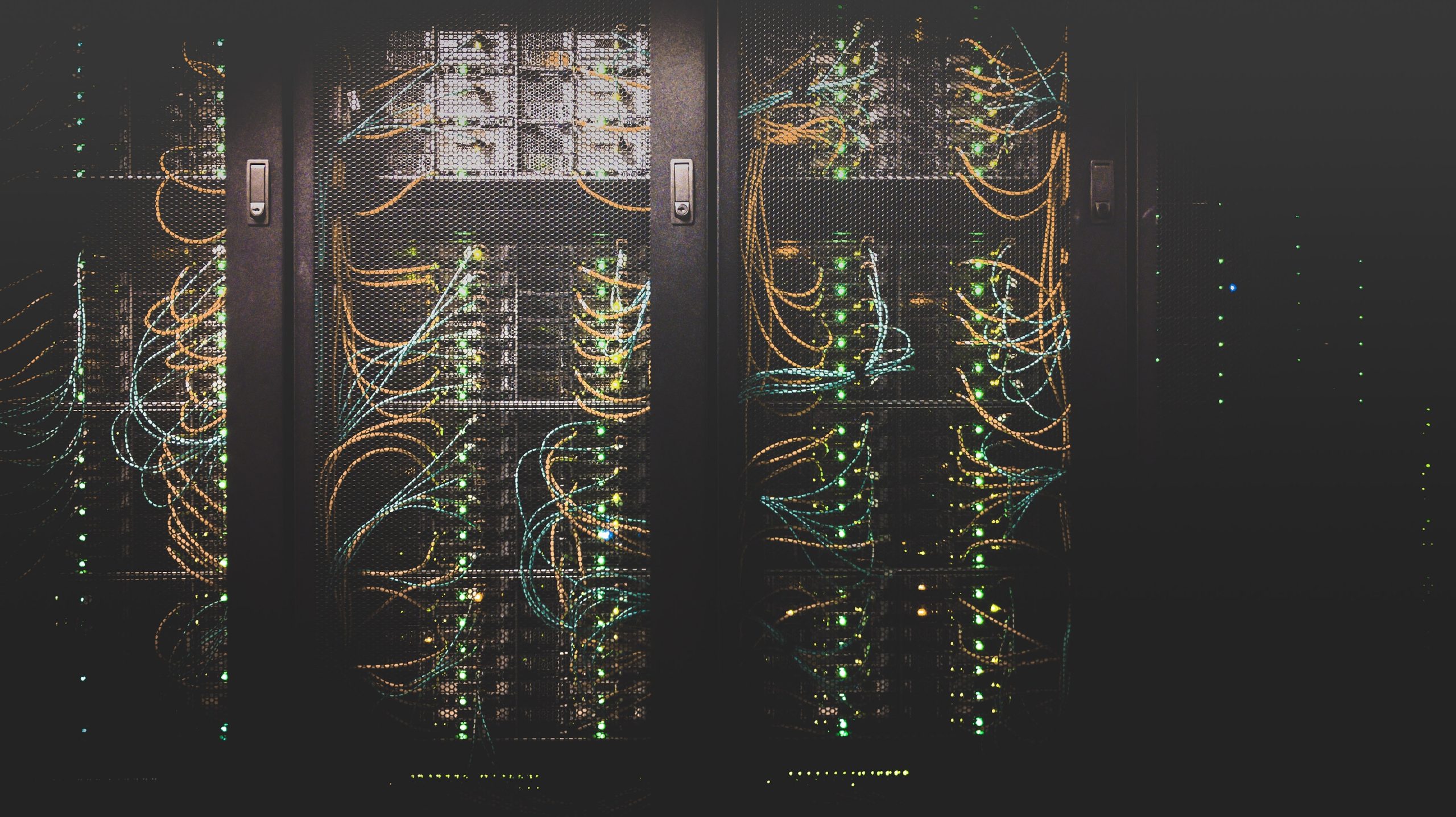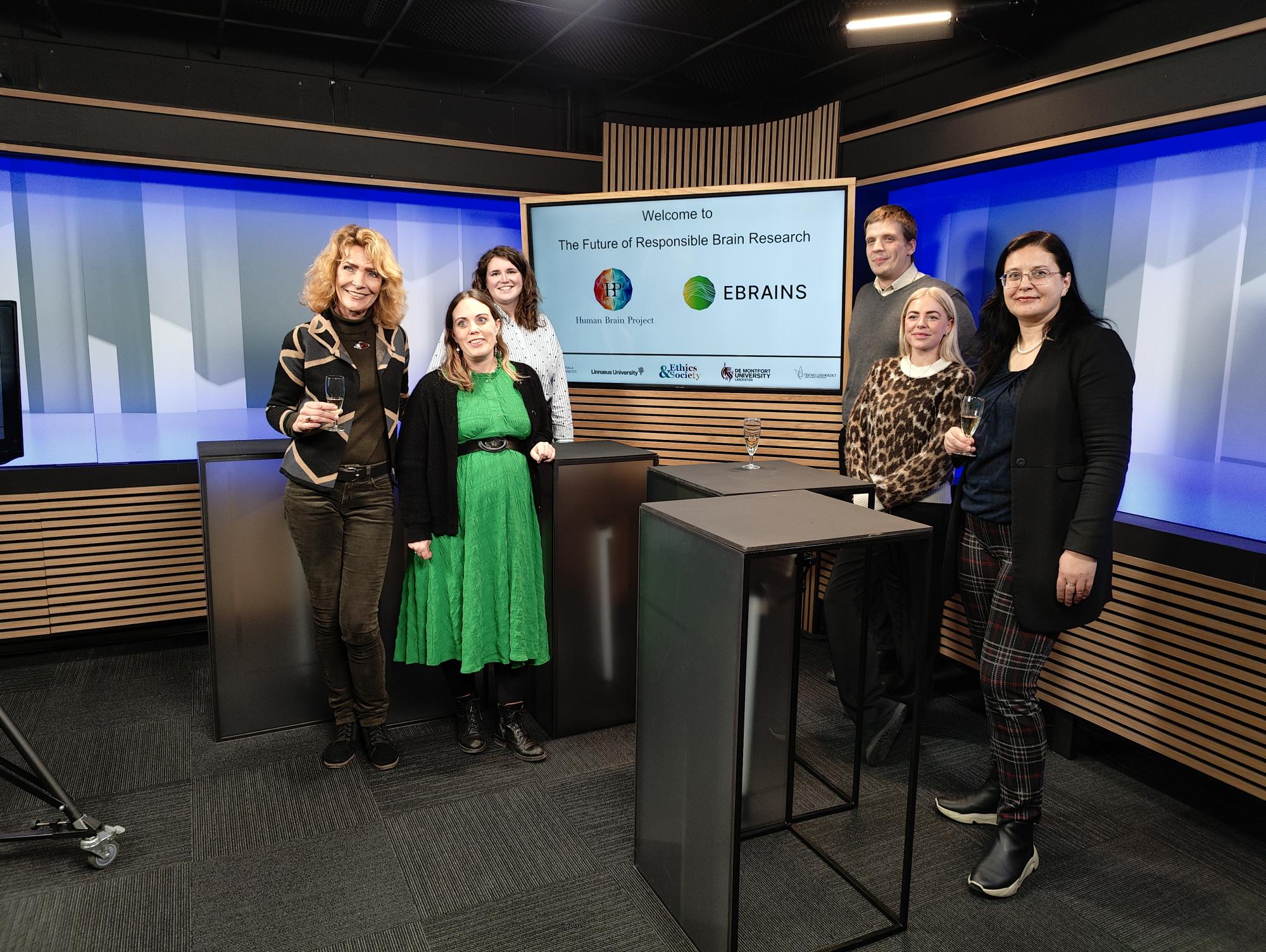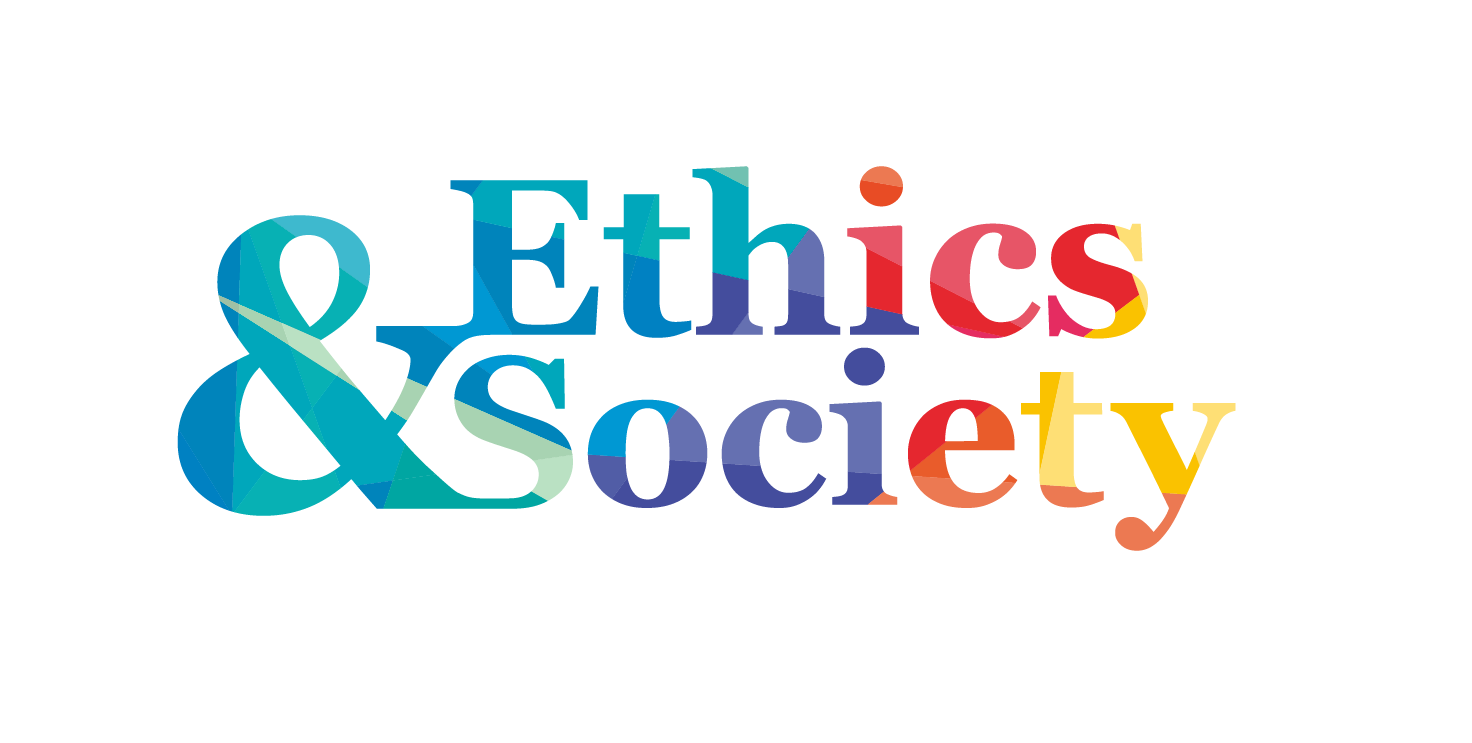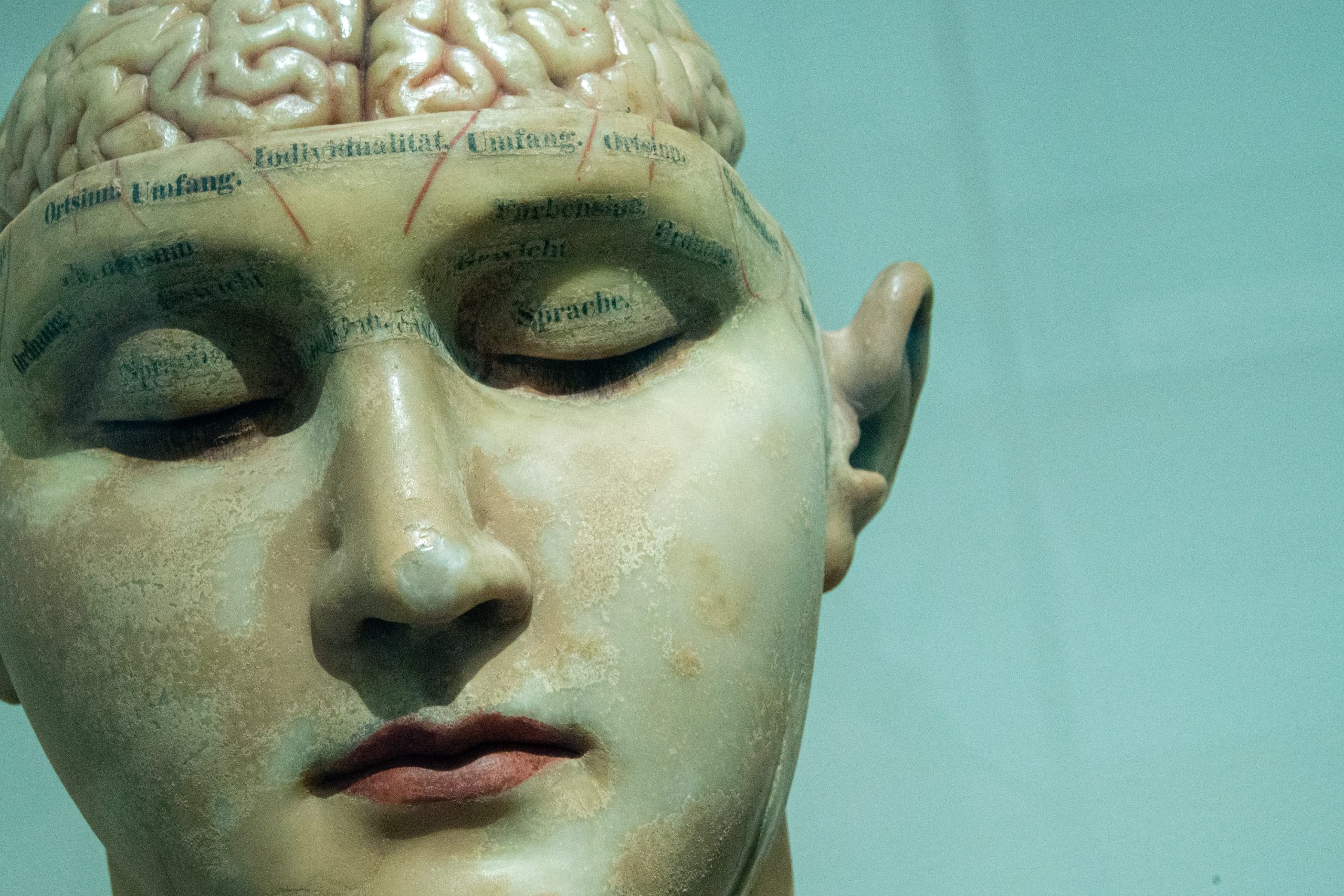Time to move from ‘AI Ethics’ to a notion of responsible AI ecosystems
The current discourse on AI and ethics is both broad and rich, but there are some structural and fundamental limitations. A recent paper published in Scientific Reports suggest that artificial intelligence is better described as an ecosystem of socio-technical systems where some of the characteristics we should ask of a responsible ecosystem of intelligent systems…
Building capacity for responsible brain research and innovation
In the Human Brain Project, Responsible Research and Innovation (RRI) has been a guiding principle for development and deployment of the EBRAINS research infrastructure. Part of our effort includes a set of Ethics & Society capacity building resources and training on RRI. To help scientists, science managers and others to understand how responsible research and…
Implementing responsible research and innovation in the Human Brain Project
Attention to ethical and societal issues have been an important and integral part of the Human Brain Project. From the very beginning in 2013 until today. Over the years, researchers from the social sciences and the humanities have developed governance structures and mechanisms to integrate responsible research and innovation (RRI) practices across the project. But…
The future of Responsible Brain Research
How can we continue to build even more responsible practices of brain research? This was the central question on the Human Brain Project’s (HBP) online conference on February 2nd, 2023. Work on responsible research and innovation (RRI) in the HBP has taken many forms, including Europe-wide citizen engagement, dialogue, engagement and co-creation with stakeholder and…
Curating the legacy of responsible research and innovation in the Human Brain Project
Over the last decade, the Human Brain Project Building has used structured and strategic approaches to embed responsible research and innovation (RRI) practices across the project. The efforts to curate the legacy of this work includes the development an online RRI toolkit. A recent paper explores whether this kind of toolkit can help embed the…
Broadening the debate on neurorights
Awareness of the need for neurotechnology governance has led to calls for a new set of ‘neurorights.’ The neurorights proposal, however, has sparked a lively debate. In a new book several experts reflect on the challenges and promises of neurotechnologies and on existing and proposed regulatory frameworks. One suggestion is that the neurorights proposal would…
Communicate like the expert you are!
There is a big difference between academic writing and popular science narratives. Communicating about your results and research questions requires a different set of skills, and engaging with media demands that you know why you engage, who you want to inform or influence, where you can find that audience and what is the best way…
Ethics of AI – Cases and Options
Are you looking for examples and case studies of ethics of artificial intelligence (AI)? Would you like to understand how these ethical issues can be addressed? If so, our new book will interest you: “Ethics of Artificial Intelligence – Case Studies and Options for Addressing Ethical Challenges” by Bernd Carsten Stahl, Doris Shroeder & Rowena…
A vision on socially beneficial development of the EBRAINS infrastructure
What is EBRAINS and why the need for an Ethics and Society vision? The emerging European research infrastructure EBRAINS is one of the main legacies of the 10-year EU flagship Human Brain Project or HBP, as it is often called. From the start, the European Commission and partners in the project recognised the need for reflection…
HBP puts the European Union Assessment List for Trustworthy AI to the test
The ethical and social implications of using artificial intelligence in life science – or society – have become the main hurdle for implementation. The debate has intensified in recent years, bringing a long list of solutions in the form of approaches, tools and initiatives. One of the more prominent examples of this is the European…










